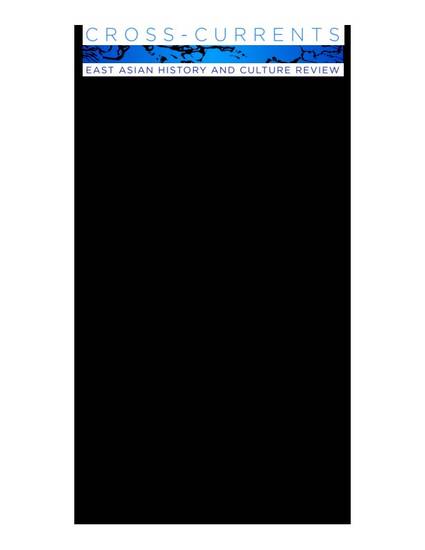
What do queer life, communities, and activism look like in contemporary China? The two books under review here provide some valuable answers to this question. Based mainly on ethnographic research conducted between 2004 and 2006, Elisabeth L. Engebretsen’s book specifically studies the lalas (queer women) in China’s capital, Beijing. Hongwei Bao’s work, which draws on his field research from 2007 to 2009, attends to the more general issues of gay men and queer politics. Although actively engaged with recent scholarship on queer ethnography and Chinese studies, Engebretsen intentionally avoids academic jargon that might alienate the interested public; the result is an academically informed but highly accessible work. Bao’s writing, by contrast, often invokes concepts, ideas, and theories of famous thinkers and theorists that risk muddling, rather than enhancing, his analysis of Chinese texts and situations. Together, however, the two studies, with their different focuses and writing styles, offer a rich picture of queer life and politics in China during the first decade of the new millennium.
